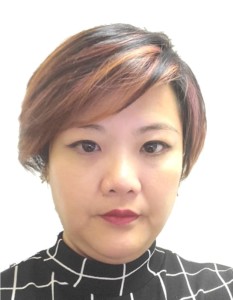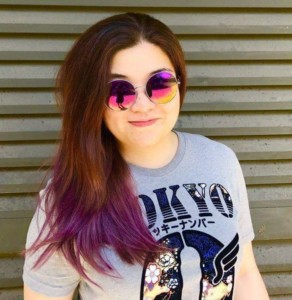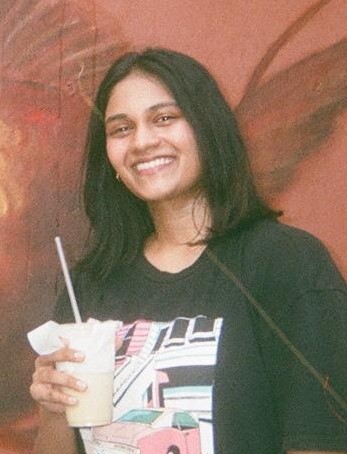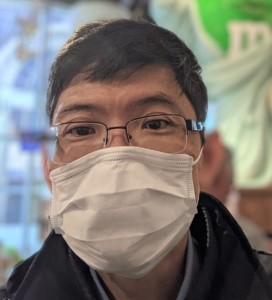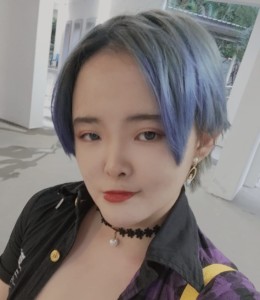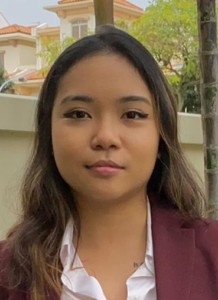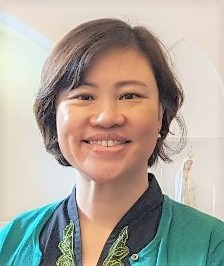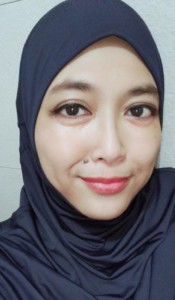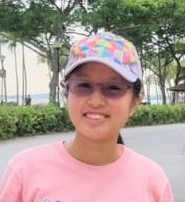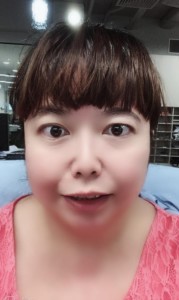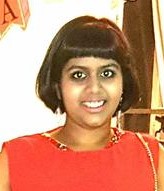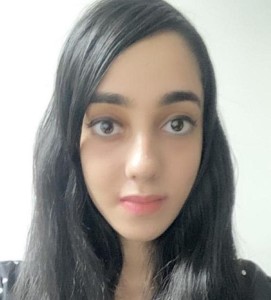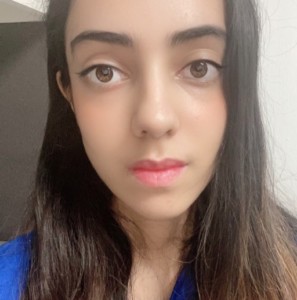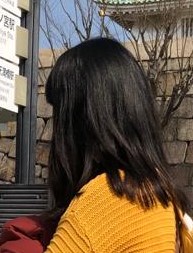Non-medication treatments for ADHD are a viable alternative and complementary, says Unlocking ADHD writer Tricia Lim.
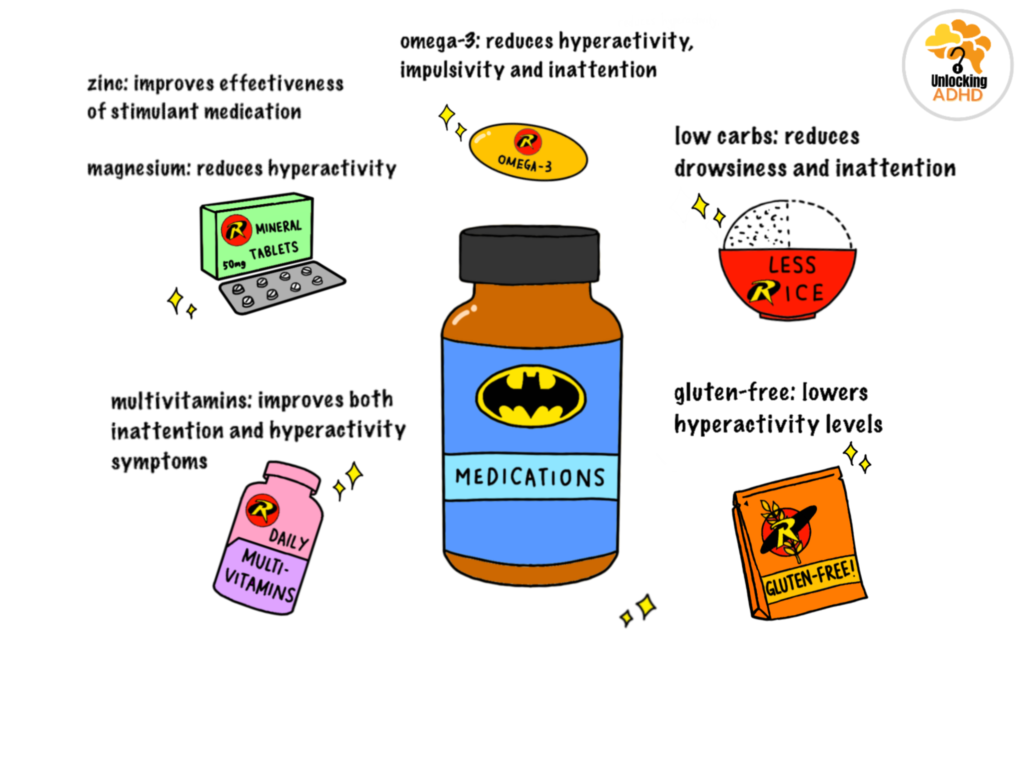
Medication is one of the common treatment options to address ADHD symptoms. However, you may be hesitant to start on medication use for various reasons, e.g., side effects, costs and worries about its impact on young children. There are several non-medication and natural treatments to manage ADHD symptoms which can also be used as adjuncts for a better response to medication as well.
Supplements
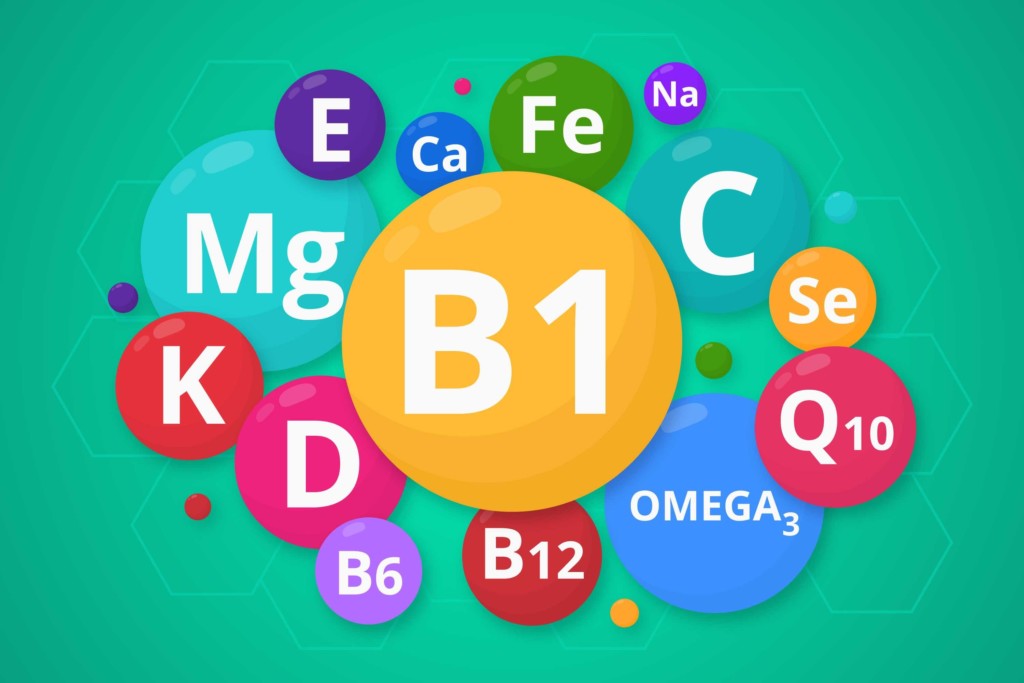
- Omega-3 Fatty Acids
As the most well-researched supplement to aid in managing ADHD symptoms, Omega-3 fatty acids have been found to benefit in reducing hyperactivity, impulsivity and inattention. These supplements can be taken daily in low doses that supply a total of 1 to 2 grams of DHA and EPA.
- Zinc
Zinc plays a role in the regulation of dopamine, and has been found to aid in better management of ADHD symptoms when taken with stimulant medications (e.g. Ritalin and Concerta), especially in ADHDers deficient in zinc. Incorporate more zinc into your diet with foods rich in zinc – such as red meat, poultry, beans, fortified breakfast cereals, and dairy products. Alternatively, zinc supplements are available at most pharmacies. However, high levels of zinc may be dangerous, so limit your supplemental intake to 20mg to 25mg daily.
- Iron
Vital for the production of dopamine and norepinephrine, low levels of iron have found to be correlated with ADHD symptoms. Before starting on iron supplements, however, do consult a doctor to have your blood iron levels measured as high levels of iron can pose a danger. Side effects of iron supplements include constipation and stomach ache, but are usually less severe with chelated iron products.
- Magnesium
Another commonly deficient mineral in ADHDers, magnesium has been reported to reduce hyperactivity symptoms. Medical experts from ADDitude additionally recommend its use in managing ADHD medication rebounds – in which ADHD symptoms sometimes return with a vengeance temporarily as stimulant medication wears off. Magnesium can be safely taken twice daily in doses of 100mg to 300mg and often comes in the form of magnesium glycinate, citrate or chelate. The citrate form, however, is often accompanied by cases of loose stools.
- Multi-vitamins/Multi-minerals
In a study that explored the efficacy of a micronutrient formula, greater improvement in both inattention and hyperactivity symptoms were observed in those taking the formula. Certain multi-vitamin/mineral brands demonstrated positive results in managing inattentive symptoms, emotional regulation and aggression in another study.
- Gingko Biloba
According to some researchers, this herbal supplement, when taken as an adjunct to medication, led to better management of inattention symptoms. Its side effects – such as nausea – were limited and mild. As recommended by medical experts at ADDitude, taking a 60mg dose twice a day is safe for children.
Diet Changes
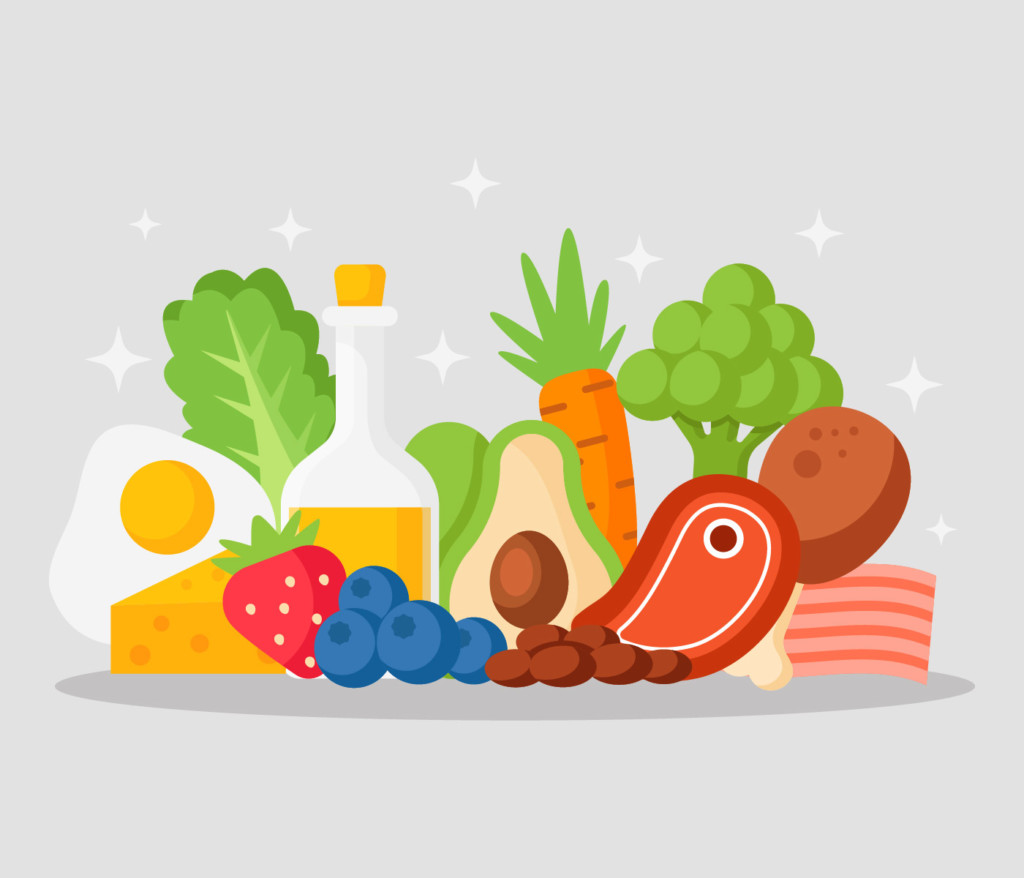
- Gluten-Free
Gluten-free products and online recipes are increasingly available and accessible, and going gluten-free is fast gaining popularity here in Singapore. A gluten-free diet has been found to lower hyperactivity levels. If you’re not ready to take the plunge into cutting out gluten altogether; you can make the following adjustments to your diet that may help too.
- High Protein, Low Carbs
As delicious as the bread from your favourite bakery might be, carbohydrates, when taken in large amounts, have the unfortunate effect of inducing drowsiness and hence exacerbating inattention. Proteins, on the other hand, increase alertness.
Here in Singapore where a bowl of rice is ever-present in our daily meals, cutting it out can seem pretty daunting. Rather than giving up rice entirely, try starting small: substitute white rice for low-carb alternatives like cauliflower rice, or take a gradual approach towards reduction – half the usual amount for a couple of weeks, then half that again.
Which should I try?
Different approaches work differently for everyone and there is no one-size-fits-all solution. Try an approach that is most comfortable for you or a loved one and monitor the symptoms to know what works best.
Medication and non-medication options are in no way mutually exclusive either. An integrative approach – of medication, diet, supplements, building better habits and/or skills training – can be used and could work optimally to manage your symptoms.






